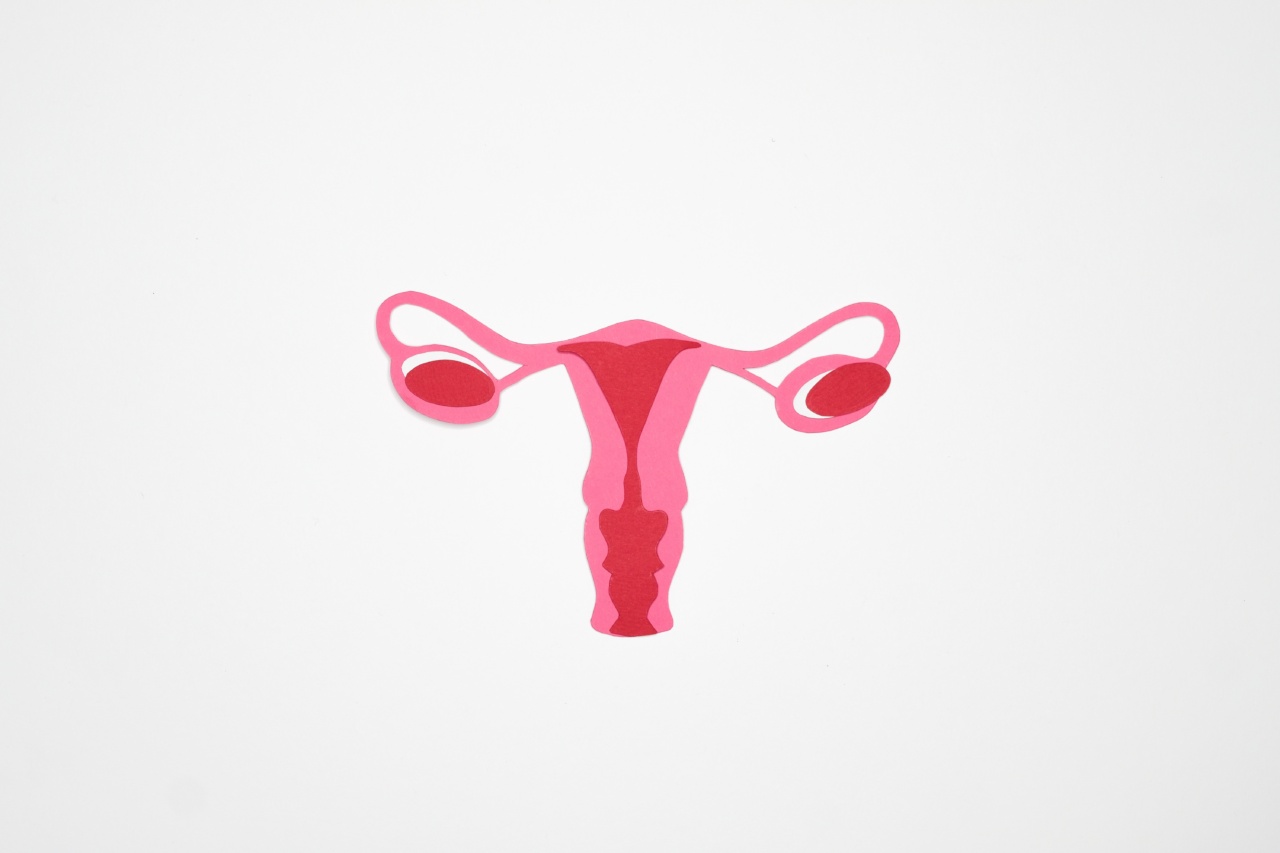Polycystic Ovarian Syndrome (PCOS) is a hormonal disorder common among women of reproductive age.
It is characterized by the presence of multiple cysts on the ovaries, irregular menstrual periods, and high levels of androgens, which are male hormones that females also produce. PCOS can have several negative health impacts and should be properly managed to mitigate these risks.
Irregular Menstrual Periods
One of the primary symptoms of PCOS is irregular menstrual periods. Women with PCOS often experience infrequent, unpredictable, or prolonged menstrual cycles. This irregularity can make it difficult for women to conceive, leading to fertility problems.
Moreover, the absence of menstruation for a prolonged period (amenorrhea) can also increase the risk of endometrial cancer.
Insulin Resistance and Type 2 Diabetes
PCOS is associated with insulin resistance, a condition in which the body becomes less responsive to the hormone insulin.
Insulin is responsible for regulating blood sugar levels, and when the body becomes resistant to its effects, it can lead to elevated blood sugar levels. This can ultimately result in the development of type 2 diabetes. Women with PCOS should be regularly monitored for glucose intolerance and diabetes to take necessary preventive measures.
Cardiovascular Diseases
PCOS increases the risk of various cardiovascular diseases. Insulin resistance and high levels of androgens can contribute to obesity, dyslipidemia (abnormal cholesterol and triglyceride levels), and hypertension.
All of these factors significantly increase the risk of heart disease, including heart attacks and strokes. Lifestyle modifications, such as regular physical activity and a healthy diet, are crucial in managing these risks.
Endometrial Cancer
Women with PCOS have a higher risk of developing endometrial cancer due to hormonal imbalances.
Insufficient or infrequent ovulation can lead to prolonged exposure of the endometrium (the lining of the uterus) to estrogen, without the counteracting effect of progesterone. This imbalance can cause abnormal thickening of the uterine lining, increasing the risk of cancerous cell growth. Regular gynecological check-ups and hormonal interventions can help mitigate this risk.
Obesity and Weight Gain
Weight gain and obesity are commonly associated with PCOS. The hormonal imbalances in PCOS can lead to increased appetite, insulin resistance, and slower metabolism, making it challenging for women with PCOS to maintain a healthy weight.
Obesity further exacerbates the risk of cardiovascular diseases, insulin resistance, and other health complications. A well-balanced diet and regular exercise are essential in managing weight and reducing these risks.
Hirsutism and Acne
Excess male hormones (androgens) in women with PCOS can lead to hirsutism, a condition characterized by excessive hair growth in areas typically associated with males, such as the face, chest, and abdomen.
PCOS can also contribute to the development of acne and oily skin. These symptoms can have a significant impact on a woman’s self-esteem and mental well-being. Dermatological treatments and hormone-regulating therapies can help manage these concerns.
Mood Disorders
PCOS is often associated with increased prevalence of mood disorders, such as depression and anxiety.
The hormonal imbalances, physical symptoms, and fertility challenges associated with PCOS can have a considerable impact on a woman’s mental well-being. It is important for women with PCOS to be aware of these risks and seek appropriate support and professional help if needed.
Sleep Apnea
There is a higher prevalence of sleep apnea in women with PCOS compared to the general population. Sleep apnea is a sleep disorder characterized by pauses in breathing during sleep.
The hormonal imbalances and obesity often associated with PCOS can contribute to the development or worsening of sleep apnea. Sleep studies and appropriate interventions can help manage this condition.
Reproductive Complications and Infertility
PCOS can lead to reproductive complications and infertility. The hormonal imbalances disrupt the regular ovulation process, making it difficult for women with PCOS to conceive naturally.
This can be distressing for individuals or couples wishing to have children. Fertility treatments, such as ovarian stimulation medications and in vitro fertilization (IVF), can assist in overcoming these challenges.
Metabolic Syndrome
Metabolic syndrome is a cluster of conditions that increase the risk of heart disease, stroke, and type 2 diabetes. Women with PCOS are at a higher risk of developing metabolic syndrome due to insulin resistance and obesity.
The combination of factors, including high blood pressure, abnormal cholesterol levels, and elevated blood sugar, significantly increases the long-term health risks. Regular health screenings and lifestyle modifications are crucial in managing metabolic syndrome.
Conclusion
Polycystic Ovarian Syndrome can have a significant impact on a woman’s overall health and well-being. It is important to recognize the potential risks associated with PCOS and take proactive steps to manage them.
Regular medical check-ups, lifestyle modifications, and appropriate interventions can help mitigate the health risks and improve the quality of life for women with PCOS.


























